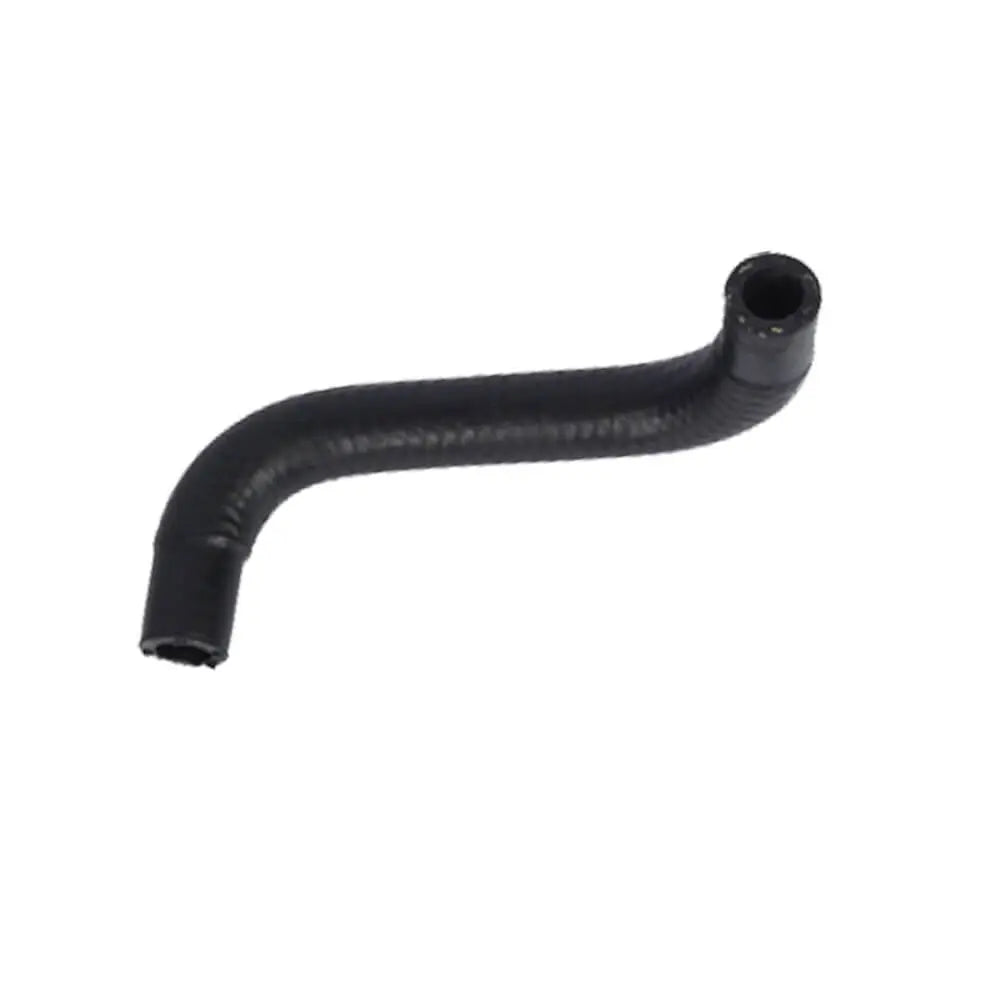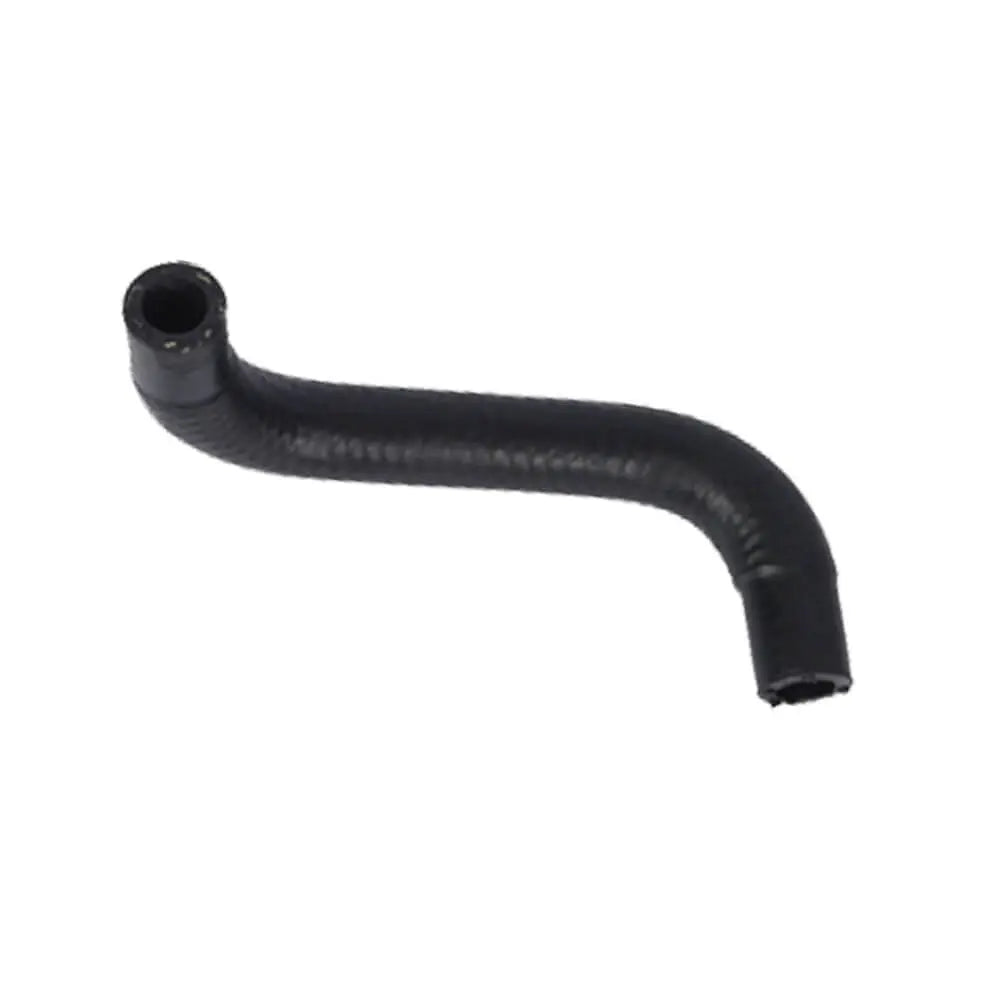Brake Pipes
1 product
Showing 1 - 1 of 1 product
Understanding Brake Pipes: Vital Components for Car Safety
Brake pipes are a crucial yet often overlooked component of a car's braking system. These unassuming tubes play a vital role in transmitting hydraulic pressure from the master cylinder to the brake calipers or wheel cylinders, allowing for effective and reliable braking. Understanding the importance of brake pipes is essential for maintaining vehicle safety and preventing potential brake failure.What are Brake Pipes?
Brake pipes, also known as brake lines, are metal tubes that transport brake fluid from the master cylinder to the brake calipers or wheel cylinders. They are typically made from steel, copper, or aluminum due to their excellent durability and resistance to corrosion. Brake pipes are designed to withstand high hydraulic pressures and remain intact under various driving conditions.Function and Importance
The primary function of brake pipes is to transmit hydraulic pressure generated by pressing the brake pedal to the brake components located at each wheel. When the driver applies pressure to the brake pedal, the master cylinder pressurizes the brake fluid, which travels through the brake pipes to the brake calipers or wheel cylinders.The brake calipers or wheel cylinders then use this hydraulic pressure to force the brake pads or brake shoes against the brake discs or drums, generating the friction required to slow down or stop the vehicle. The efficiency of the braking system is heavily reliant on the integrity and proper functioning of the brake pipes.
Common Materials Used
Steel: Steel brake pipes are the most commonly used due to their high tensile strength and durability. They are usually coated with zinc or other corrosion-resistant materials to protect against rust.Copper: Copper brake pipes were once widely used, but they have fallen out of favor in recent years due to their malleability. Copper pipes are prone to kinking, and they can be difficult to bend accurately.
Aluminum: Aluminum brake pipes are lightweight and offer excellent corrosion resistance. However, they are less commonly used than steel due to higher manufacturing costs.
Maintenance and Inspection
Regular maintenance and inspection of brake pipes are essential for ensuring the safety and optimal performance of a car's braking system. Here are some important points to consider:Visual Inspection: Regularly examine the brake pipes for signs of wear, damage, or corrosion. Any visible cracks, abrasions, or leaks indicate a need for immediate replacement.
Rust Prevention: Keep the undercarriage and exposed sections of the brake pipes clean and free from road salt and debris. Applying a rust-resistant coating can extend the life of the pipes.
Brake Fluid Checks: Check the brake fluid level and condition regularly. Contaminated or low brake fluid levels can lead to poor braking performance and can be indicative of a leak in the brake system.
Professional Inspection: Have a qualified mechanic inspect the brake pipes during routine maintenance or whenever there are concerns about the braking system.
Brake pipes are an integral part of a car's braking system, responsible for safely transmitting hydraulic pressure and ensuring responsive braking. Regular inspection, maintenance, and timely replacement of damaged brake pipes are essential for vehicle safety. By understanding the importance of these unassuming tubes, car owners can take proactive measures to maintain the integrity of their braking systems and protect themselves and others on the road.
Showing 1 - 1 of 1 product
Display
View


Brake System Vacuum Oil Pump Hose Pipe For Ford Transit 2.5 DI (1991 - 1994) 864F2L334CA, 6182061
In stock, 50 units
Sale price£9.99
Filters (0)
